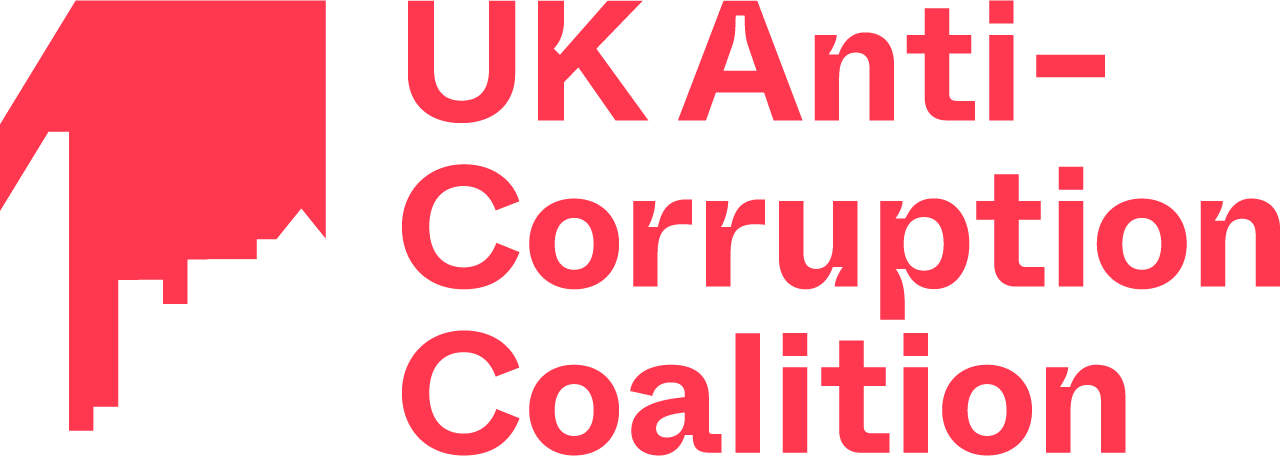Statement on the UK Global Anti-Corruption Sanctions Regime
April 26, 2021 – Launch of the UK’s independent anti-corruption sanctions regime is an important step forwards in tackling kleptocracy, says NGO coalition.
“Today’s announcement is an important achievement in the fight against corruption globally. The UK anti-corruption coalition welcomes the new sanctions regime and hopes to see the UK announce bold and ambitious designations against corrupt actors to become a leading voice in the fight against kleptocracy.
The UK needs to make sure its own defences against corruption and money laundering are as robust as possible to give the regime maximum credibility. This should include introducing legislation on Companies House reform and on the foreign property ownership register at the earliest opportunity, as well as improving the regulation of standards in public office domestically in line with UN recommendations.”
UK Anti-Corruption Coalition (UKACC)
Today’s launch of the Global Anti-Corruption Sanctions Regime by the Foreign Secretary is welcomed by a coalition of the UK’s leading anti-corruption organisations.
The regime, if robustly implemented, will help the UK:
• Coordinate more effectively with allies like the US and Canada to close down the west as a safe haven and prevent jurisdiction shopping by corrupt actors.
• Freeze corrupt assets more swiftly and deny access through travel bans to the financial systems, banking and real estate sectors in the UK and its Overseas Territories for corrupt officials and businessmen.
• Send a clear message to kleptocrats and those who help them hide their loot that there is no impunity for corruption.
Our coalition is urging the UK government to be as ambitious and effective as possible with this regime and not shirk from targeting those in high office and with the greatest responsibility for kleptocracy by:
1. Providing sufficient resources to the National Crime Agency and the Office of Financial Sanctions Implementation(OFSI) to ensure sanctions are proactively enforced, and to the Foreign Commonwealth and Development Office team to investigate allegations of corruption.
2. Consulting on the creation of an Independent Expert Advisory Group to advise the Foreign Secretary on implementation of sanctions, ensure objective criteria are applied consistently, and review delistings.
3. Introducing a system allowing for non-governmental actors including Parliamentarians, civil society and the private sector to provide information about corrupt actors, via a secure portal.
4. Committing to full transparency about the use of sanctions, including quarterly reporting to Parliament about amounts frozen, visas denied, types of assets frozen and requests for delisting.
5. Applying targeted sanctions to networks of actors who threaten the rule of law, democracy, peace and stability and their enablers, coupled with strong and consistent messaging and multilateral cooperation where possible.
